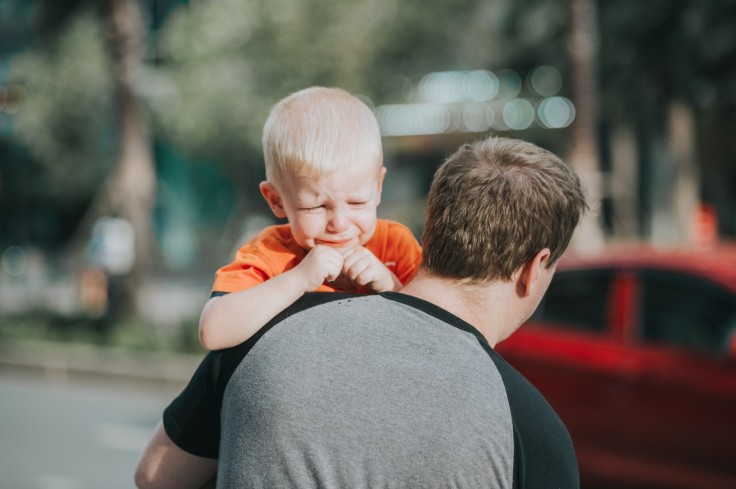
No family is perfect. That's the reality. Many kids from all over the world may experience stress after divorce. In fact, thousands of them suffer from deep sadness, frustration, worry, and anger. Other kids use this incident to be more flexible and tolerant during the uninvited situation, and most of the kids with this kind of personality grow into strong young adults.
Read also: Divorce
Consider the following things that both parents can do to help the kids through this hard time: Adults going through annulment, separation, and divorce need support from friends, professionals, and family. Never seek support from your kids, even if they insist on helping you. Chances are they will hate the other party. And there are many other negative effects of divorce on children. The following are more comprehensive things that you can apply to prevent it: From the time you're sure about your plans, talk to your kids that you have decided to live apart. There is no easy way to break the news, especially for young innocent minds. If possible, both parents should be there during this serious conversation. Avoid anger, guilt, or blame out of it. Off the scene, practice how you are going to manage telling your kids so you don't turn the situation in total chaos. The discussion should fit the child's level of maturity and age. Whatever happened is between mom and dad the child is never at fault. It usually happens that kids tend to blame themselves even after parents have said they're not. Keep on monitoring the behavior of your child if it suddenly changes from good to bad. It is so hard to handle upset kids. Tell them that you understand and care about their feelings, and reassure them that all of their emotions are perfectly acceptable and understandable, especially during the adjustment period. You might use the words: "I know this will make you upset, is there something that would make you feel better?" or "We both love you and we are sorry that we have to live apart." Honesty is the best policy. But you know, being honest is not always easy when you don't have certain answers to say or actions to do. You should be firm with your decisions and guide your children to cope with it smoothly. Because if there are gaps in information, kids still hold onto some words and hope that both of the parents will someday get back together. This can lead to further problems so you should know the right things to do from the very start until they can fully accept the new situation. Divorce is a major change for a family, especially for your kids. Both parents should be responsible for being civilly connected for the sake of your children. If there are step families to enter the picture, the original family is still the greatest source of strength for a child. ALSO READ :
How Mental Illness Affects Divorce
© 2025 University Herald, All rights reserved. Do not reproduce without permission.








